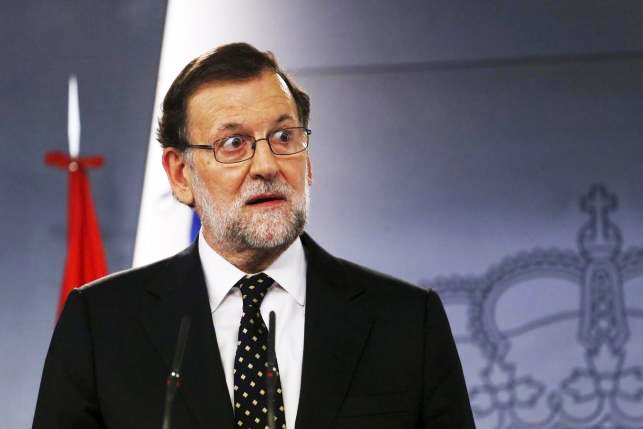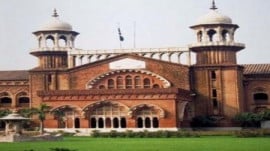
Elected as prime minister in 2011, the 61-year-old is gunning for re-election after a four-year term marked by repeated corruption scandals, steep spending cuts and an economic recovery.
Criticised as lacking charisma, Rajoy retorts that he represents "stability" and "seriousness" faced with upstarts he portrays as inexperienced.
After years of crisis, he boasts of having put the eurozone's fourth largest economy back on track with drastic austerity measures, and forced unemployment back down to 21 percent, even if it remains the second highest rate in the European Union.
Spanish minister resigns after alleged links to offshore deals
A five-time minister in the governments of former prime minister Jose Maria Aznar (1996-2004), he was beaten by the Socialists in two elections in 2004 and 2008 before finally winning an absolute parliamentary majority in 2011.
In December's inconclusive election, his Popular Party (PP) came first but without an absolute majority.
Failing to gain support from other parties, he gave up attempts to form a coalition government.
Largely unknown to the general public, he was elected to head up and revive the troubled Socialist party (PSOE) in 2014.
The Socialists were turfed out of power in a crushing 2011 election defeat, seen as punishment for a recession, mushrooming debt and sky-high joblessness.
Nicknamed "El Guapo" ("Mr Handsome"), the tall 44-year-old economist from Madrid is a former basketball player who has cultivated a down-to-earth image.
He has promised to increase the minimum wage and to reinstate the rights of workers, immigrants and health benefits that he says the PP has trampled on.
The Socialists came second in December, after which Sanchez tried but failed to form a minority government with the upstart business-friendly Ciudadanos.
And his bid to turn around his party appears seriously compromised, as opinion polls suggest a coalition led by anti-austerity Podemos may overtake the Socialists as the main left-wing force in Sunday's vote.
Panama vows to cooperate if legal fallout from 'Panama Papers' leak
The pony-tailed former university lecturer entered politics at the start of 2014 as one of the founders of Podemos, harnessing the anger of the Indignados protest movement.
Since then, the 37-year-old has shaken up politics and become a serious concern for his rivals.
Podemos won five seats in the European Parliament in May 2014 elections, including one for Iglesias.
The party grew in popularity, and came third in the December poll, just under two years after it was created.
A charismatic speaker, his critics have nevertheless slammed him as arrogant and attacked him over his past as an adviser to governments such as Venezuela.
An ally of Greece's Syriza, Podemos is big on defending social rights, taxing the rich and increasing spending rather than cutting it.
After December's elections, Iglesias failed to reach an agreement with Socialist party chief Pedro Sanchez, who had formed an alliance with business-friendly Ciudadanos.
For Sunday's poll, he has entered his party into a coalition with Izquierda Unida, a smaller far-left grouping led the Communist party, which could come second and overtake the Socialists.
The youngest of the candidates, the head of centre-right party Ciudadanos hails from Catalonia, the northeastern Spanish region hit by an independence drive that his grouping rejects.
The 36-year-old lawyer from Barcelona has devoted almost a decade to politics.
Iceland finance minister says won’t resign over Panama Papers leaks
A telegenic orator and adept at social media, he was a lawmaker in Catalonia's regional parliament between 2006 and 2015.
His party, which emerged in 2006 but only really entered national politics last year, is liberal on the economic and social front.
It wants to invest more in research and education, fight against the precarious nature of jobs in Spain, one of the current hot-button issues, and stridently denounces corruption scandals that have hit the PP and the Socialists.
After the December election, in which Ciudadanos came fourth, he formed a pact with the Socialists to try to form a minority government, which ultimately failed.












































COMMENTS
Comments are moderated and generally will be posted if they are on-topic and not abusive.
For more information, please see our Comments FAQ